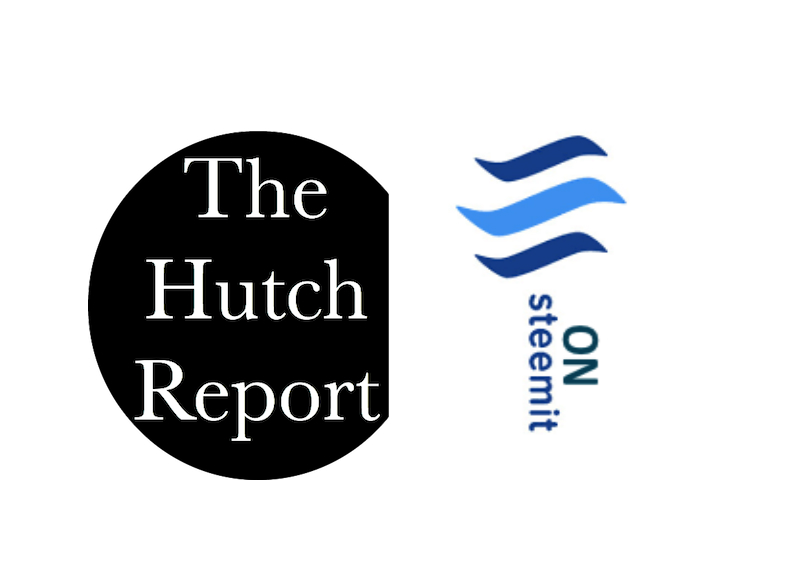Do you have a bank savings account? (Spoiler alert: the money is not yours)

Although few depositors realise it, legally the bank owns the depositor’s funds as soon as they are put in the bank. Our money becomes the bank’s, and we become unsecured creditors holding IOUs or promises to pay.
In general, unsecured creditors, such as depositors of a bank, will have very little redress to cover their debts if a company is put into liquidation. The courts will not deal with the question of which class of creditor should have priority over other classes in such circumstances.
In the case of banking, it indicates the limited responsiblity of a bank towards depositors once the bank has the money put into its account. The principle illustrates that the relationship between the depositor and the bank is not one of principal and agent, where the bank as an agent acts on behalf of the principal and their interests. The money deposited in an account is no longer deemed as belonging to the principal but rather to the bank.
The money paid into the banker’s is money known by the principal to be placed there for the purpose of being under the control of the banker; it is then the banker’s money; he is known to deal with it as his own; he makes what profit of it he can, which profit he retains to himself. (Banking Regulation of UK and US Financial Markets - By Dr Dalvinder Singh)
In banking, the verbs "deposit" and "withdrawal" mean a customer paying money into, and taking money out of, an account. From a legal and financial accounting standpoint, the noun "deposit" is used by the banking industry in financial statements to describe the liability owed by the bank to its depositor, and not the funds that the bank holds as a result of the deposit, which are shown as assets of the bank.
There are still, however, people who choose to doubt this and claim that depositors are not creditors. All we have to do is to look at the “Depositor Preference Rule.” A depositor preference rule requires that in the insolvency of a bank, the claims of depositor’s enjoy a privileged status. A majority of G-20 countries have some form of depositor preference rule, including Australia, Switzerland and the United States. An increasing number of European countries which have undergone, or are undergoing, EU/IMF programmes, including Greece, Portugal, Hungary, Latvia and Romania, have introduced depositor preference regimes. In the U.S., among unsecured creditors, the claims of the insolvency administrator rank first, and the depositors rank ahead of tax and employee compensation claims. Otherwise said, this states that the depositors do have to stand in line to get back money that the bank owes them (not the money that they think is theirs in a bank account!).
Previously the bank was obligated to pay the depositor’s money back on demand in the form of cash. According to the 15-page FDIC-BOE document called “Resolving Globally Active, Systemically Important, Financial Institutions”, IOUs will be converted into “bank equity.” The bank will get the money and the depositor will get stock in the bank. With any luck the depositor may be able to sell the stock to someone else, but when and at what price?
Why does it matter? Because if the bank’s IOUs are converted to bank stock, they will no longer be subject to insurance protection by the FDIC, but will be “at risk” and vulnerable to being wiped out, just as the Lehman Brothers shareholders were in 2008.
If you enjoyed reading this post, please recommend and share it to help others find it!
Not many people know about this fact. Save in real money, silver and gold. Only keep as little in the bank to pay your monthly bills, otherwise, keep it out of the existing banking system. Keep up the good work. Following !!
Thanks for the comment.
Yes, I use a savings account in my bank. By the way, you knew that you can find out any information you are interested in about American banks at https://allbankslocations.com/.